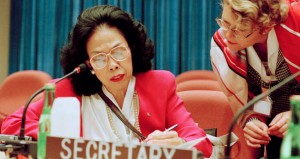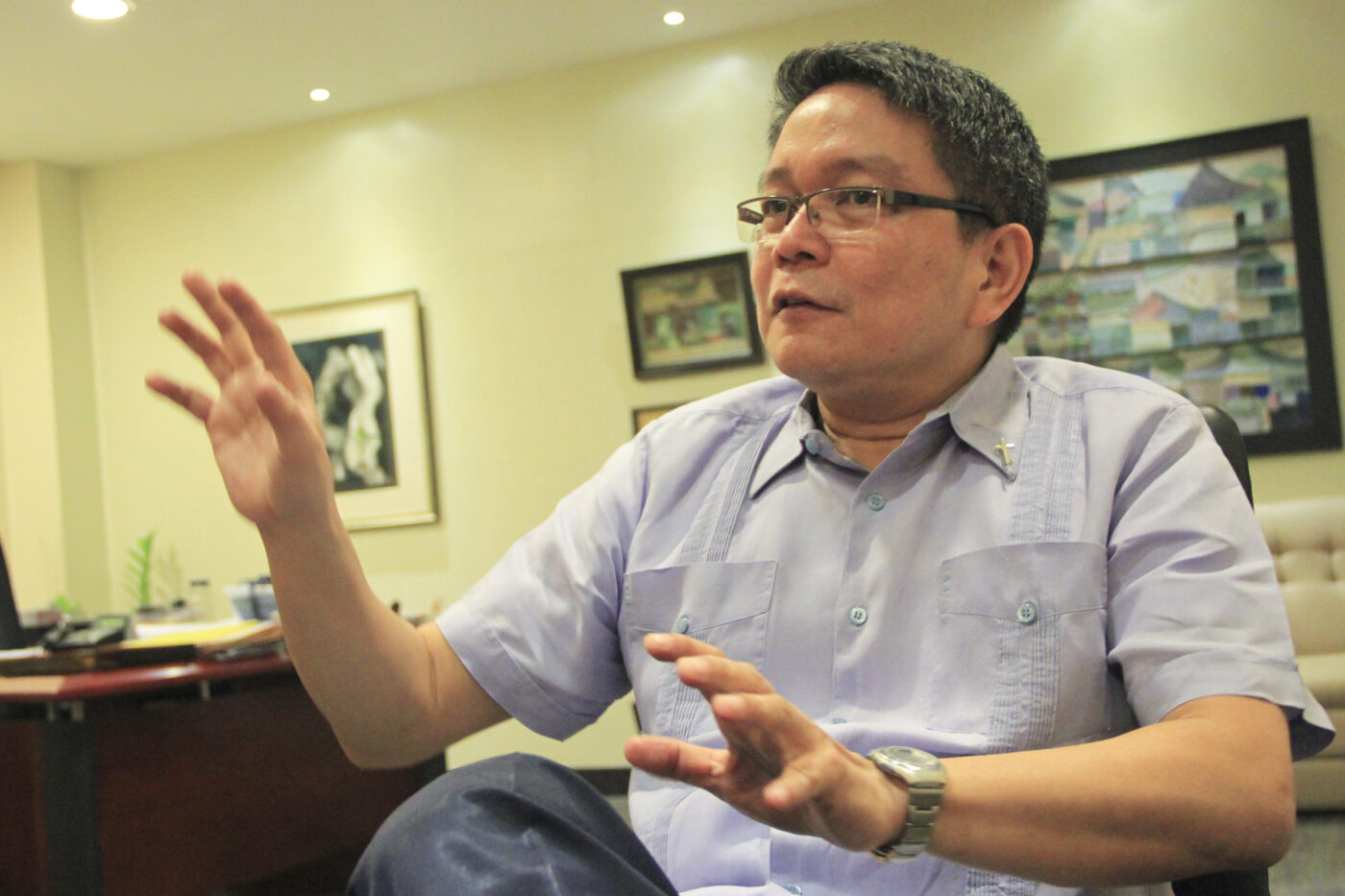THE COMMISSION on Higher Education (CHED) advised Higher Education Institutions (HEI) not to shift their academic calendars, but University President Jose Ramon Villarin, SJ is adamant that the move is a step towards improving the Ateneo.
CHED released its stand on the issue on March 26 following the decision of the Ateneo, the University of the Philippines (UP), De La Salle University and the University of Santo Tomas to move their academic calendars.
In an interview with The GUIDON, Villarin said that shifting the academic calendar will enable the Ateneo to engage with better universities overseas in order to learn from them and “pull ourselves up.”
“I would like for the Ateneo de Manila to improve, and improving it means connecting the Ateneo to the best out there,” he said.
On February 6, the Ateneo announced its decision to shift to an August to May academic calendar effective in school year (SY) 2015 to 2016.
This will affect the Loyola Schools (LS) and the Professional Schools, namely the Ateneo School of Medicine and Public Health, the Ateneo School of Government, the Ateneo Graduate School of Business and the Ateneo Law School.
Towards Asean 2015
Even though talks about shifting the Ateneo’s academic calendar began as early as 2013, Villarin said in an interview with Rappler that it was only last year that it “ripened because 2015 is just around the corner.”
2015 will see the establishment of the Association of Southeast Asian Nations (Asean) Economic Community, opening free trade of goods and services, such as education, among its member countries: Philippines, Brunei, Cambodia, Indonesia, Laos, Malaysia, Myanmar, Singapore, Thailand and Vietnam.
The establishment of the economic community is part of the Initiative for Asean Integration launched during the 2000 Asean summit. It aims to narrow the development gap and accelerate the economic integration of the newer member countries, namely Cambodia, Laos, Myanmar and Thailand.
CHED believes, however, that since there is no provision in the Asean Integration about the synchronization of HEIs’ academic calendars in the region, the shift is not the most pressing concern coming into 2015.
Licuanan said that HEIs should instead pay attention to two more pertinent issues: The quality of the Philippines’ college or university students and how well prepared they are for the field of work when they graduate.
Villarin argued, however, that shifting the academic calendar and consequently enabling faculty from universities abroad to teach in the Ateneo can contribute to the improvement of the university’s quality of education.
“Hopefully, we will have better students and faculty because we will be attracting visiting, non-Filipino professors to teach for [perhaps] a term,” he said.
“That’s the goal: That there would be greater diversity and that the adversity will challenge us and push us to become better.”

Photo by Patricia Licuanan.
Premium on research
In the CHED statement, Licuanan emphasized the importance of research in engaging universities overseas, saying that it is the “currency of the global academic community.”
She added that placing importance on research entails the development of the faculty and students’ skill-competencies required to pursue and engage in quality research and teaching.
“The real challenge, then, is to ensure that our HEIs can produce graduates who are capable of critical, analytical, original and independent thinking that can result in the creation of new knowledge or practice,” said Licuanan.
While Villarin believes that the Ateneo’s faculty is competent in research production, he said that the quality of the university’s research output could still improve.
He said that this can be done by developing the Ateneo’s expertise on research, which he thinks are topics on social entrepreneurship, environment, theology, philosophy, and ethics.
Villarin also said that improving on the university’s research output could contribute to effectively engaging and fostering partnerships with schools abroad.
He explained that this is because universities around the world consult and engage with other universities that have information on topics outside their expertise.
“They value our knowledge, our expertise. And I’d like to sharpen that even further, because that’s our service,” said Villarin.
Repeating history
When asked if there is a possibility that the Ateneo might revert back to the June to March academic calendar, Villarin said that the university will monitor and assess the shift once it is in effect.
He added that four years might be allotted to monitor the shift, at the end of which the university will decide if it will continue with the new academic calendar.
However, for now, Villarin is keen on making the shift work. “I’m still in the mode of thinking that this will work. We have to make it work,” he said.
This is not the first time that the Philippines tried its hand at deviating from the conventional June to March academic calendar.
In the 1960s, then Education Secretary Alejandro Roces experimented on shifting the Philippine schools’ academic calendars through legislation by the Congress.
The shift was to take place over a three-year period, with an April to July calendar in 1963, followed by a May to August schedule in 1964, until supposedly landing on a September to June calendar in 1965.
However, after only the second year of the plan, Roces already saw the impracticality of the shift, explained UP Department of History Chair Bernadette Abrera in a forum on the Philippine academic calendar held at UP on February 10.
Abrera cited the extremely hot weather during April and May, the harvest period wherein families living in rural areas need their children to bring in the crops, and the parents’ non-consultation on the shift as reasons that eventually urged the Senate to repeal the law in 1964.
Villarin said, however, that since the universities in Manila are the only ones currently experimenting with a new academic calendar, the measure will be more efficient and would have less at stake if it were to fail.







